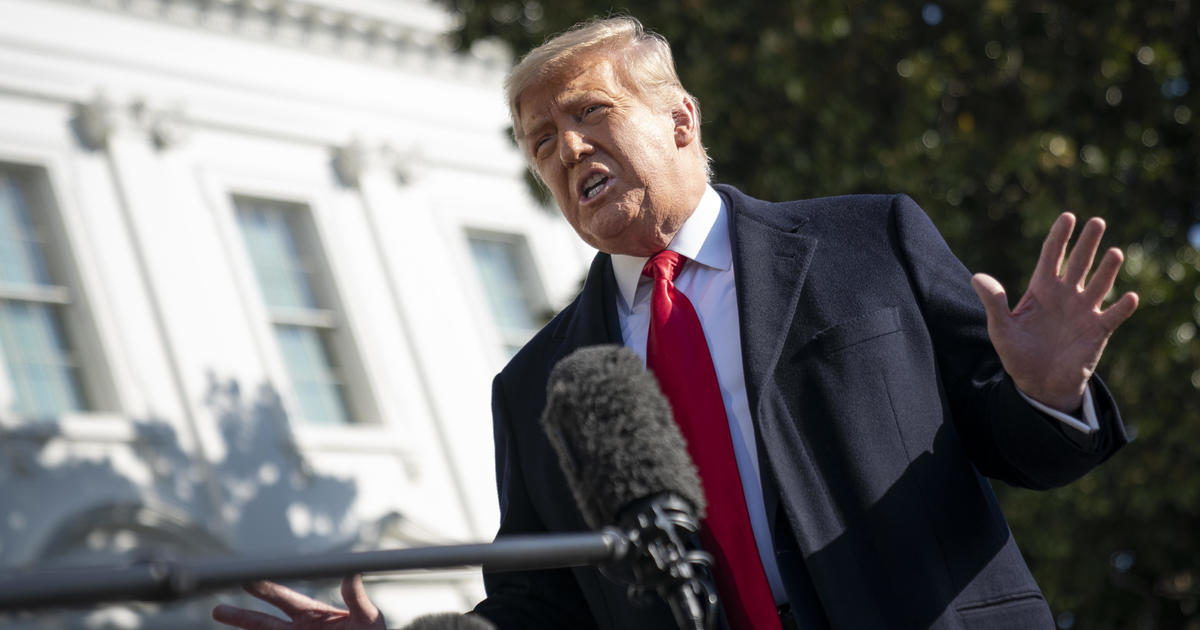
On his way out the door, President Trump pardoned 73 people, including his former chief strategist, Steve Bannon, and rapper Lil Wayne, and commuted the sentences of 70 others.
Mr. Trump had granted 70 pardons as of late Tuesday, the majority of those in December, according to Justice Department records.
The president waited until after the November election to issue some of his most controversial pardons, including for former campaign manager Paul Manafort, Jared Kushner’s convict father Charles Kushner, and longtime Trump ally Roger Stone.
By the time President Obama had left office, he had pardoned 212 people; 189 were pardoned by President George W. Bush; and 396 received a pardon from President Clinton, according to the Justice Department.
Mr. Trump isn’t the first president to issue highly controversial pardons. Gerald Ford pardoned Richard Nixon, and Mr. Clinton granted clemency to friends and supporters.
The president’s pardon powers are virtually unlimited when it comes to federal crimes. The presidential pardon power allows the president to pardon anyone charged with or convicted of a federal crime — it does not apply to state crimes. Article II of the Constitution states that the president “shall have power to grant reprieves and pardons for offenses against the United States, except in cases of impeachment.”

